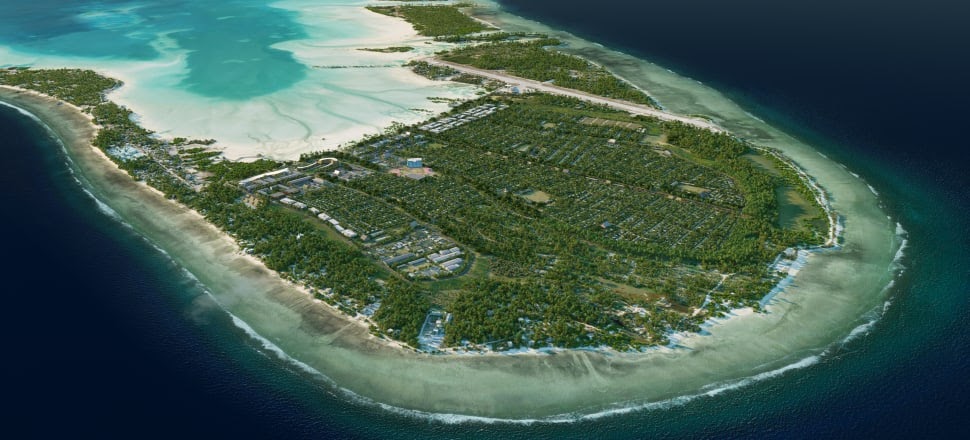What Can New Zealand Do To Help Climate Change Asylum Seekers?
Under New Zealand’s treaty obligations, we are legally able to take asylum seekers based on a “well founded fear” of persecution as defined in the 1951 Refugee Convention. Although this is a statement that is broad, it currently does not allow refugees who are fleeing their countries due to climate change the ability to seek asylum for that reason. In New Zealand, our immigration policy is committed to helping our “neighbours”; that being Pacific Islander nations. However, if that is true, we should start advocating for change beginning with broadening the definition of refugee to help these countries which will be detrimentally affected by climate change. This has been introduced to Cabinet by the Ministry of Foreign Affairs and Trade (MFAT); however more change is still necessary.
Pacific climate change is becoming more of a substantive issue as climate change worsens worldwide, several of our neighbouring island nations, such as Kiribati are becoming the most in danger to lose their land in only a few years due to rising sea levels. This is an issue that New Zealand should become more involved in, especially if we want to maintain our policy of helping our neighbours. Pacific Island countries are the most vulnerable to the effects of climate change, mostly due to the rising sea levels and the fact that the countries are poorly resourced to accomodate for the issue. This means that developed nations such as New Zealand should start implementing change to mitigate these issues as much as possible.

Picture: The nation of Kiribati, one of the Pacific Islands which is in danger of losing land to rising sea levels and climate change.
This can begin with governmental initiatives, including what MFAT has introduced as “championing the progressive development of international law to protect Pacific Islands Countries’” (MFAT, 2018). As aforementioned, there is no inclusion of climate change in the international law for asylum seekers or in the definition of “well founded fear”, nor is it covered by any other major international human rights instruments. While some international initiatives briefly consider the impact of climate change on nations, there is nothing substantive that offers people the right to seek asylum due to the effect of climate change on their countries. New Zealand will need to advocate for progressive change to these laws, using their position as a signatory of the Paris Climate Agreement and also as a past temporary member of the United Nations Security Change to implement change.
There are other ways that New Zealand could mitigate these issues, including strengthening international language and frameworks through multilateral action (MFAT, 2018). The current Platform on Disaster Displacement is a platform that is related to asylum seekers fleeing the effects of Climate Change. If New Zealand was to engage with the platform it could generate opportunities for us to access expertise and advocate on behalf of our Pacfic Island neighbours (MFAT, 2018).
However, a sufficient commitment from New Zealand to take action on climate change and the issue regarding seeking asylum will need long term action by our government. So far, there is nothing that New Zealand has integrated into our foreign policy to help climate change refugees, however several suggestions have been made to our Cabinet by MFAT. It will be interesting to see how New Zealand adopts these supposed changes that have been offered to them, and whether climate change and those seeking asylum from it will be recognised internationally.
Sources:
New Zealand Ministry of Foreign Affairs and Trade.
New Zealand Cabinet Environment Energy and Climate Change Committee.
Walters, Lauren. (April 25, 2019). New Plan Gives Pacific People Chance to Stay Home. Newsroom. Retrieved from https://www.newsroom.co.nz/2019/04/25/549041/groundbreaking-project-gives-pacific-people-chance-to-stay-in-their-homeland
